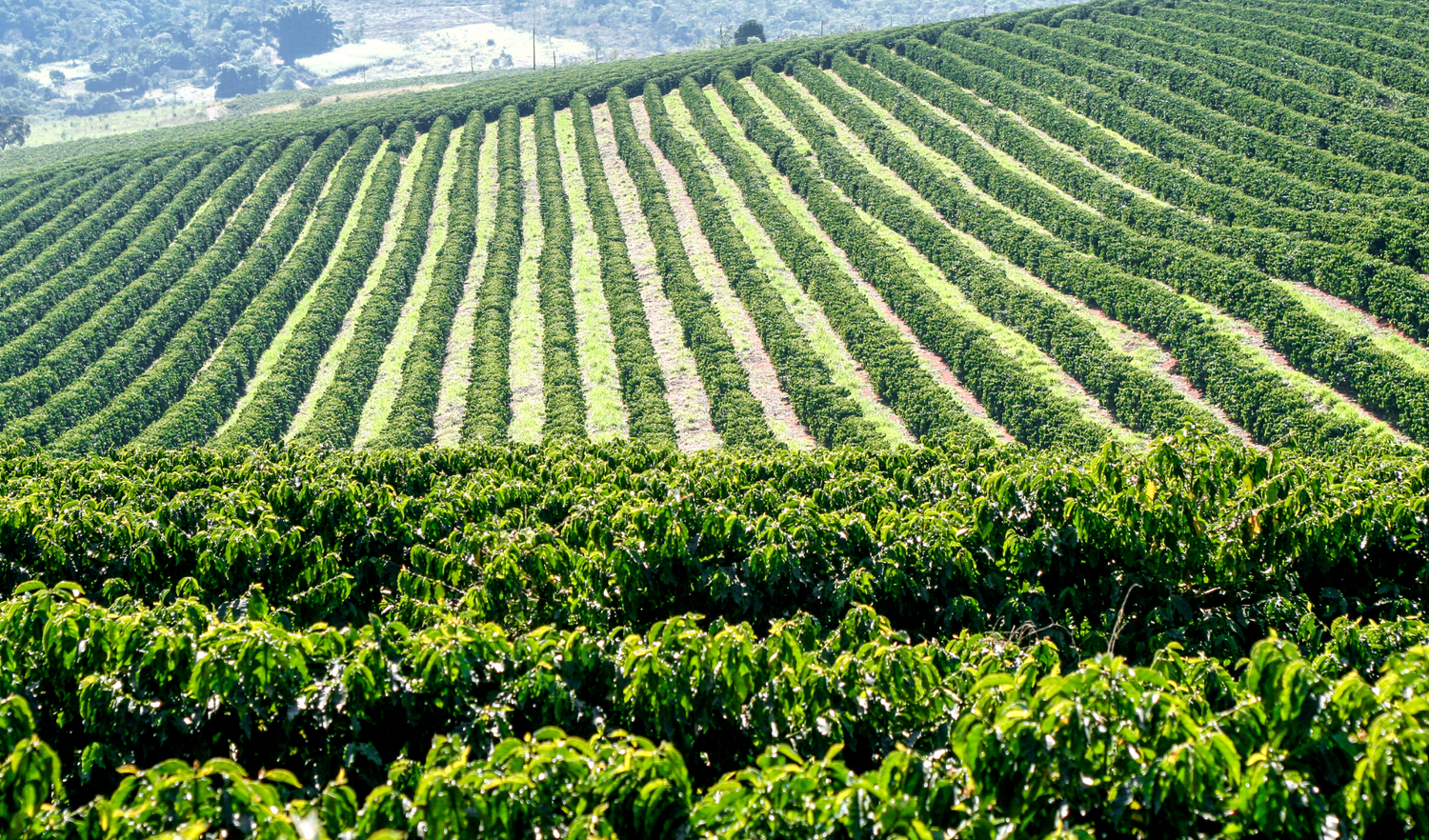
How Coffee Impacts Brazilian Culture
Who can say no to a good cup of Brazilian coffee? With its delicious nutty-tasting notes and warm flavor profile, it has quickly become an irreplaceable addition to our lineup. However, to know and love coffee is to know and love the countries that grow it. It is true that Brazil would not be Brazil without its coffee, and we would surely be at a loss without it.
You can now get our beloved Brazil coffee in on-the-go bags!
The History of Coffee In Brazil
Brazil has had a long history of coffee. Historians believe coffee was first smuggled into the country in the early 17th century from French Guiana. Previously, coffee was only consumed by European colonists, however as time went on, coffee became a staple across the world.
To meet the growing demand, Brazil started exporting its coffee. By the 18th century, Brazil became one of the largest exporters of coffee, supplying over 30% of the world’s coffee. It maintained this position for over 150 years and remained the largest exporter of coffee to this day.
Brazil’s coffee production led to an economic boom. Suddenly, the country needed more workers than the country could provide. Immigrants from all over the world started pouring in to join the coffee production industry. The country’s demography shifted heavily — welcoming an influx of Italian and Japanese immigrants. Many of the Italians soon left, but the Japanese immigrants stayed, and now, Brazil houses the largest population of Japanese people outside their home country. Brazil’s culture began to shift as the growing coffee industry invited new languages, cultures, and religions.
For more coffee history, check out our podcast here.
A Growing Number of Coffee Farms
As the competitive coffee industry was growing, the geography started to shift. Coffee farms began to pop up all over the country. Over the years, the farms expanded. Today, an estimated 300 thousand coffee farms are actively producing coffee in Brazil. The southeast portion of the country, (the area of Minas Gerais, where we get our Brazil coffee) is known for its milder temperature. Because of this, it has many specialty coffee farms raising smaller crops in order to control the taste and quality of the coffee. With the rainforest being jeopardized, the climates have started to get hotter, posing a risk to coffee production in Brazil. However, if kept under control, coffee in Brazil will continue to thrive.
The culture, demography, and economy of Brazil are no doubt tied to its production of coffee. As you sit back and enjoy a cup of Brazilian coffee, know that the cup you are drinking has not only changed your world but also the world of Brazil.
